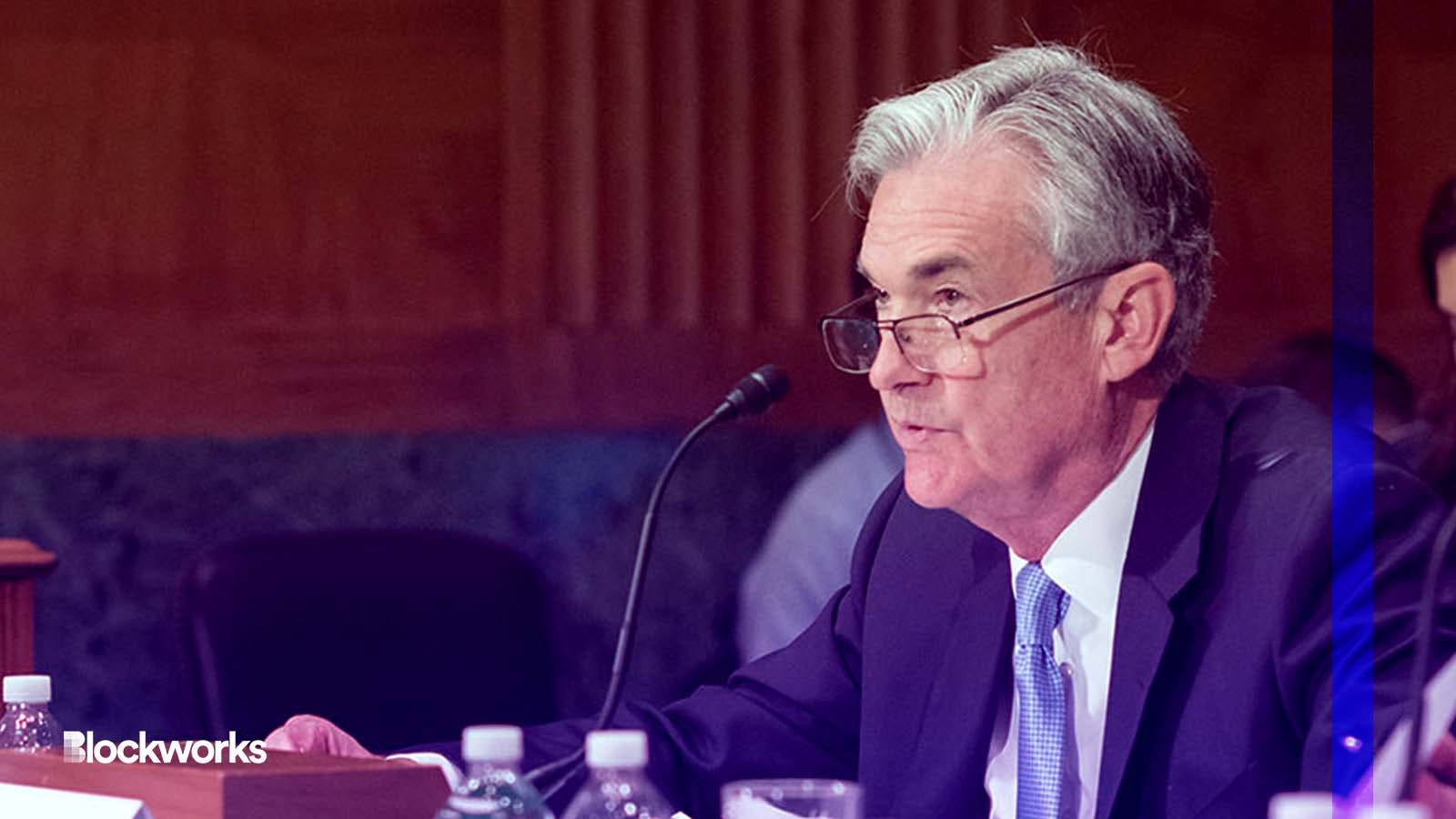Powell: Stablecoins are a ‘form of money’ the Fed needs to regulate
The central bank head appeared before lawmakers Wednesday to defend his monetary policy

Federal Reserve Chair Jerome Powell | Federal Reserve (CC license)
Federal Reserve Chair Jerome Powell appeared before the House Financial Services Committee Wednesday to discuss the state of monetary policy — fielding crypto-related questions in the process.
Committee members who asked Powell about digital assets focused their attention on stablecoins and central bank digital currencies, or CBDCs.
“We do see payment stablecoins as a form of money, and in all advanced economies, the ultimate source of credibility in money is the central bank,” Powell said when asked about how the Fed is thinking about privately issued stablecoins.
“We believe it would be appropriate to have quite a robust federal role” in stablecoin regulation, he added.
Rep. Zack Nunn, R-Iowa, raised concerns regarding user privacy protection if the US were to move forward with a CBDC. Nunn was particularly concerned about the Fed having uninhibited access to American spending habits.
“We would not support…accounts at the Federal Reserve by individuals,” Powell said. “If we were to, and we’re a long way from this, support at some point in the future a CBDC, it would be one that we’re intermediating through the banking system and not directly at the Fed.”
Wednesday’s hearing was the first of Powell’s two-day Capitol Hill tour. On Thursday, the central bank head will appear before the Senate Banking Committee. The hearings are part of Powell’s twice-annual policy report, which became federally-mandated at the start of the Covid-induced economic downturn.
Investors took Powell’s remarks Wednesday as hawkish. The S&P 500 and Nasdaq Composite indexes closed the trading session 0.5% and 1.2% lower, respectively.
Futures markets were pricing in a 72% likelihood of a 25 basis point increase in July, according to data from CME Group. An increase would come after the Fed opted to hold rates at around 5% at their last policy-setting meeting earlier this month.
Crypto fared better. Bitcoin (BTC) and ether (ETH) were up about 6% and 5%, respectively, by publication. Analysts have largely attributed the rally to apparent indicators of institutional interest.
“Greater regulatory clarity in the crypto ecosystem will continue to catalyze a wave of mainstream bitcoin adoption,” Alex Adelman, CEO and co-founder of bitcoin rewards app Lolli, said in a statement on Wednesday.
“We will also continue to see bitcoin’s market dominance rise as institutional and retail investors favor bitcoin as a way to secure their capital in a fundamentally secure, sound, and independent store of value.”
Get the news in your inbox. Explore Blockworks newsletters:
- The Breakdown: Decoding crypto and the markets. Daily.
- 0xResearch: Alpha in your inbox. Think like an analyst.






